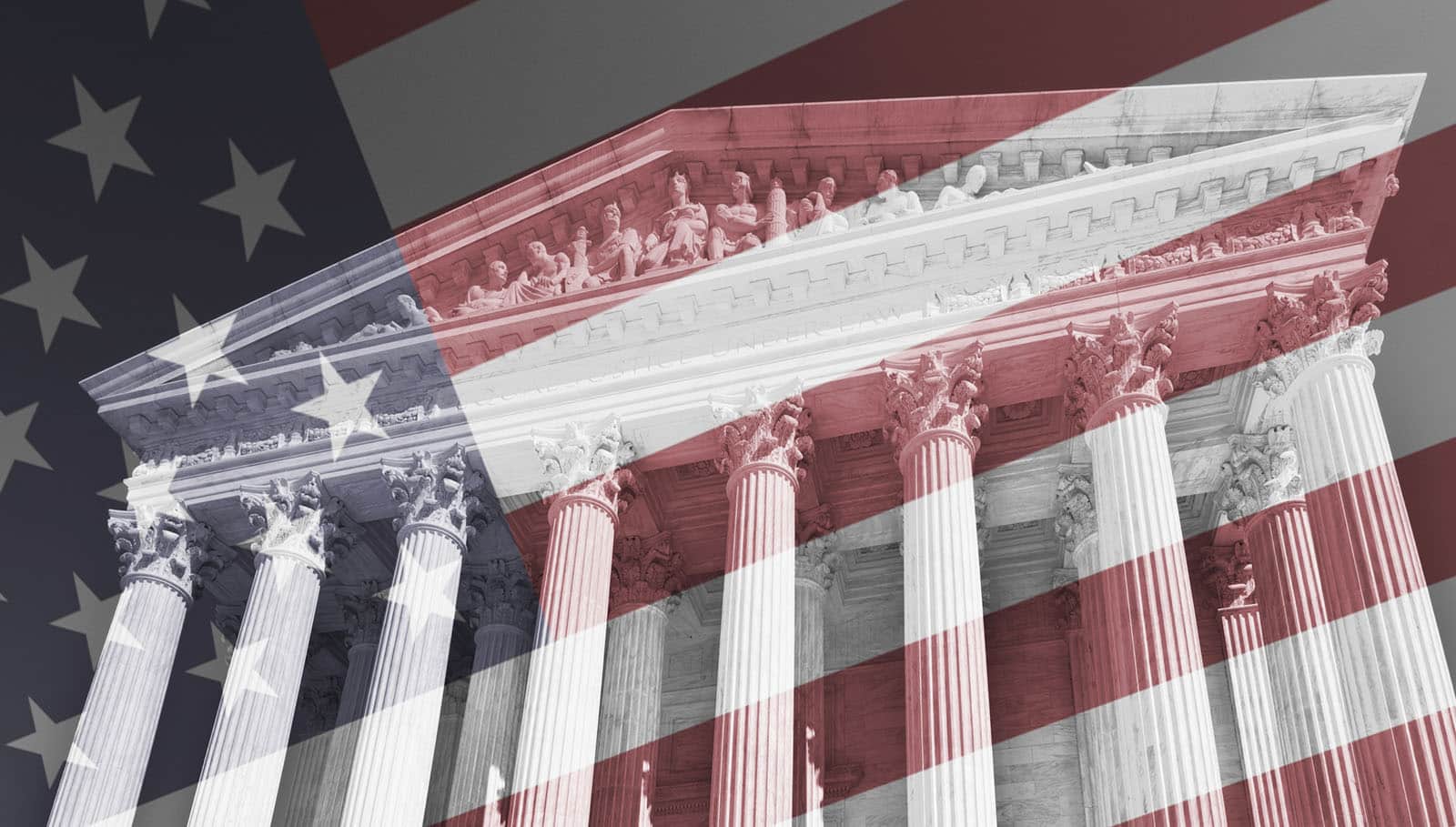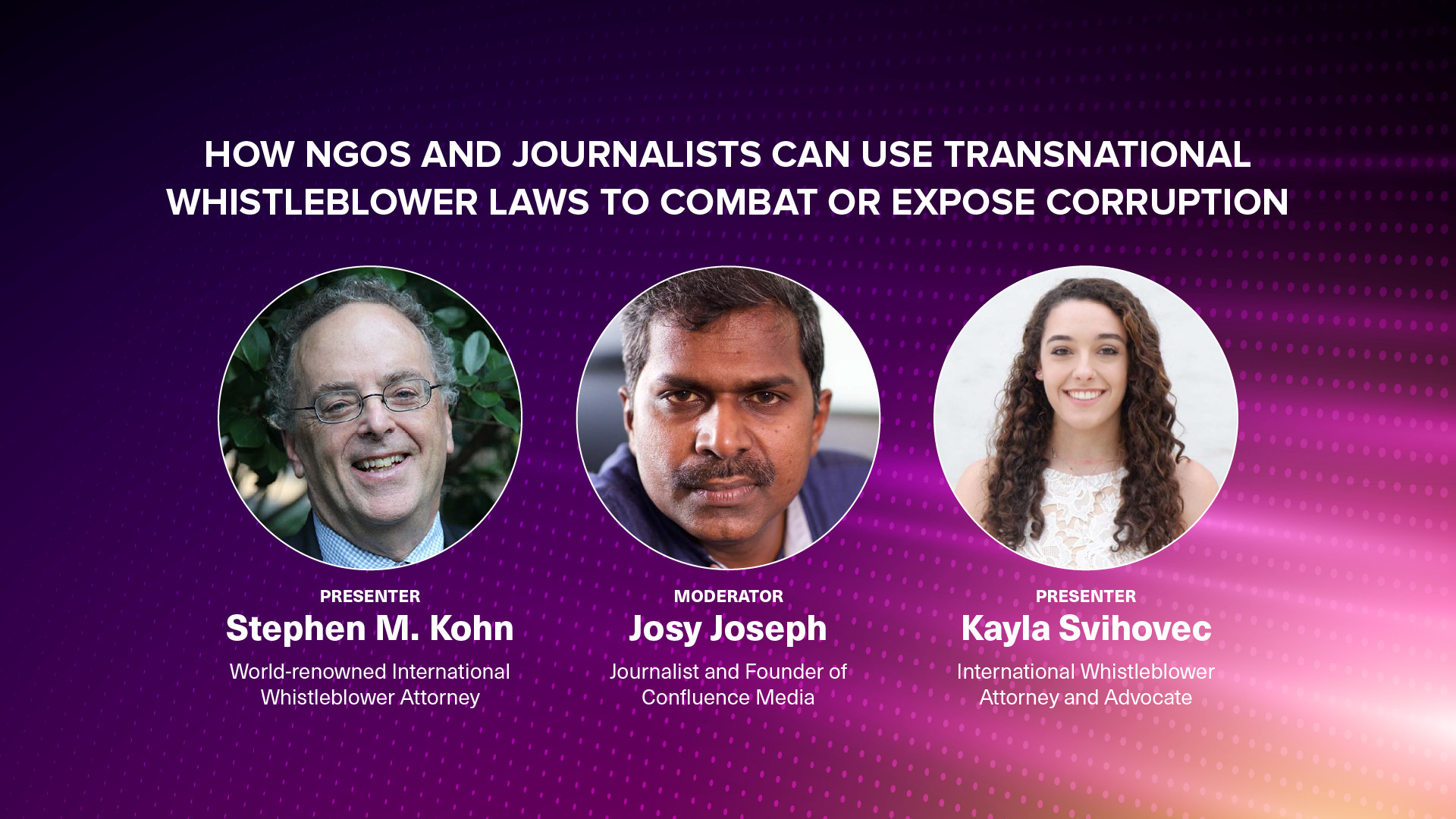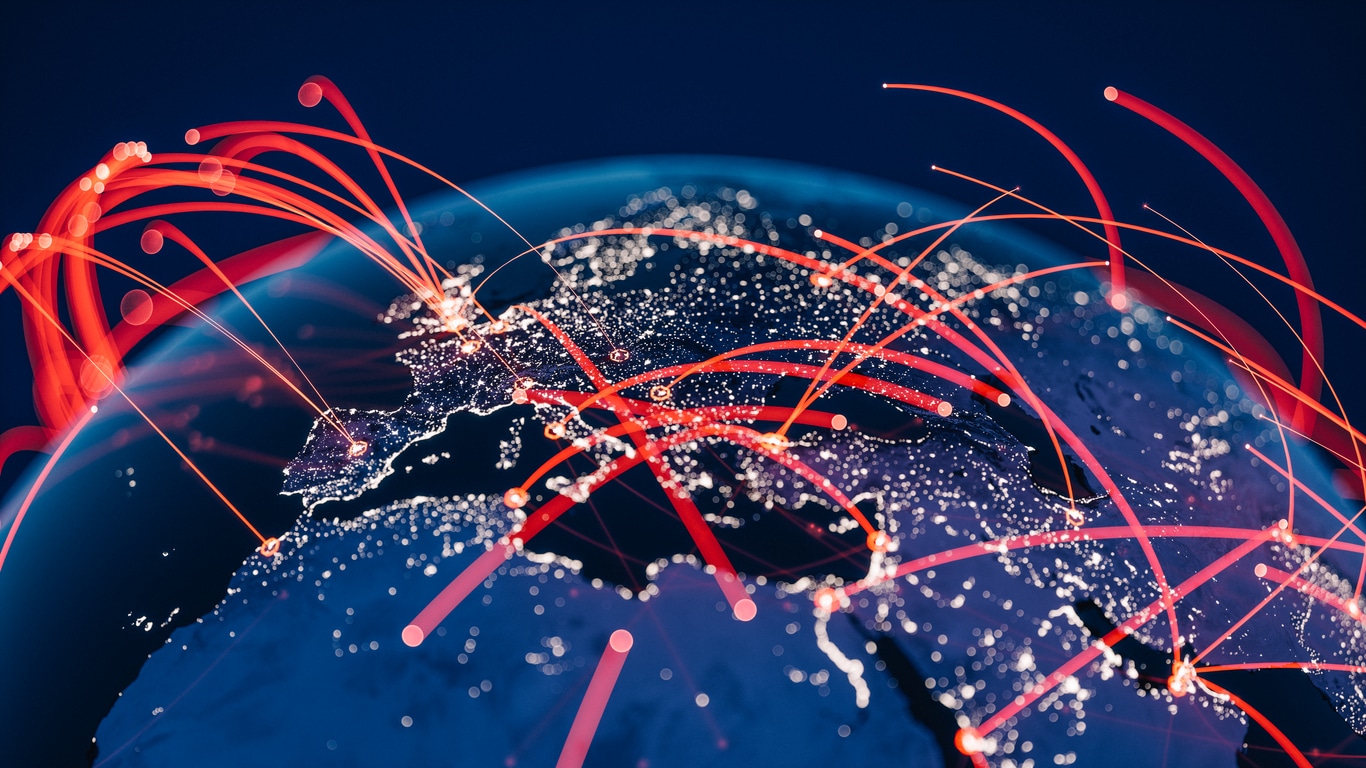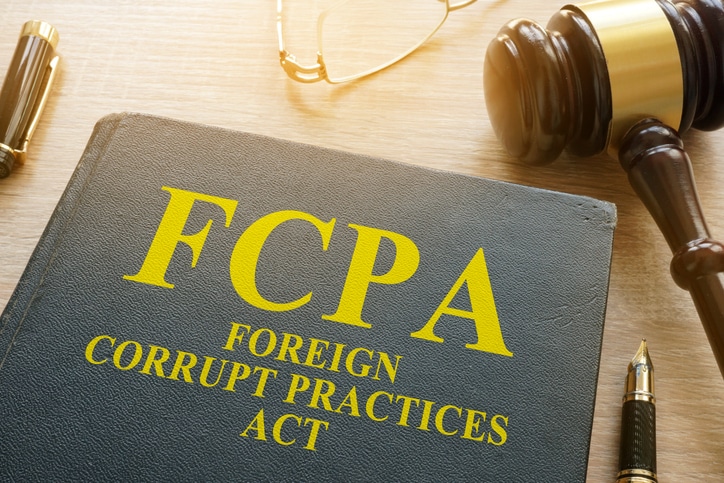Introduction to Corruption in Russia
Corruption is seen as a massive issue in Russia, which has eroded the financial system, law enforcement, education system, public healthcare and other administrative services.
Russia can be categorized as a kleptocracy, which is a term designated for countries with systems where those in power steal from their countries resources for personal gain. The type of corruption that occurs in Russia includes bribery, embezzlement, nepotism, among others.
In recent years, current president Vladamir Putin has been labeled a kleptocrat, oligarch, plutocrat, and crony capitalist. Many reports have linked Putin and his associates to offshore accounts, luxury properties, and other questionable assets. Furthermore, the country has seen a huge gap in wealth under his rule, with a small group of oligarchs controlling a vast amount of the country's wealth. This abuse of power is all speculative; however, by empirical evidence.
Whistleblowers who know of such kleptocracy's may be able to use strong U.S. anti-corruption laws to bring a kleptocrat to justice. These laws include the False Claims Act and other laws under the Dodd-Frank Act, including the Foreign Corrupt Practices Act. They may also be eligible for protection and awards if their case leads to successful enforcement action.
Continue reading to learn more about corruption in Russia and the U.S. laws available.
History of Corruption in Russia
Corruption in Russia dates to the Tsarist era, where officials use their positions for enrichment.
However, has been a pervasive issue in Russie ever since the collapse of the Soviet Union in the early 1990s. This dissolution led to billions of dollars flowing out of Russia into private accounts across the world, including countries like Estonia, Ukraine, and the United States, among others.
This massive distribution allowed oligarchs to illegally acquire assets over the past three decades and pass those assets (and others) along to their heirs or associates. This has further increased wealth disparity, now across multiple generations.
Corruption in Russia continues today, with Vladamir Putin now running a second term as president. It's difficult to measure corruption, as it is difficult to quantify. However, the latest Corruption Perceptions Index ranked Russia 141st with a score of 26, its lowest ever.
Types of Corruption in Russia
Corruption in Russia takes many forms, but some of the most prevalent types include:
Grand corruption
This involves high-level officials and large-scale financial transactions, such as embezzlement of state funds, bribery related to major contracts, and illicit enrichment through the privatization of state assets. This may also include money laundering and tax evasion.
Petty Corruption
This refers to everyday corruption that affects ordinary citizens, such as bribery of police officers, traffic violations, and obtaining public services. Nepotism and cronyism also run rampant in Russia. This type of corruption puts a major strain on economic development, and public trust in government institutions.
Systemic corruption
This is entrenched corruption that permeates government institutions and the economy, creating a culture of impunity and hindering development. Systemic corruption undermines the foundations of a stable and prosperous society, as it distorts competition, hinders investment, and erodes public confidence in government.
In addition to these types of corruption, there also exists massive corruption within the private sector. This includes bribery in healthcare, fraud, insider trading, market manipulation, and more. Corruption in politics is not excluded. There is a long history of abuse of campaign finances, vote buying and tampering, election fraud, and patronage. It’s important to know that corruption can happen in any section, including education and the environment.
Examples of Corruption in Russia
There are many examples of corruption in Russia, which have been covered quite well. On many occasions, there has been corruption in the highest ranks of government and society.
Below are a few the most notable:
Mobile TeleSystems PJSC (MTS) (2019)
Russian telecommunications provider Mobile TeleSystems PJSC (MTS) agreed to pay $100 million to resolve SEC allegations that it violated the Foreign Corrupt Practices Act (FCPA). According to the SEC, MTS bribed a Uzbek official with ties to Uzbekisatsn's former president, which also impacted the Uzbek telecommunications regulatory authority. The government alleges that MTS made at least $420 million in illegal payments for business purposes, which allowed MTS to operate in Uzbekistan for eight years and receive billions in revenues. The U.S. Department of Justice has recently charged MTS, so they agreed to pay a fine of $850 million.
Howard Wilkinson (2018)
A former Danske Bank manager, Howard Wilkinson blew the whistle on a massive money laundering scheme that funneled billions out of Russia. The operation involved converting rubles into dollars at Danske Bank's Estonian branch, then routing the funds to New York through major US banks like Bank of America, J.P. Morgan, and Deutsche Bank.
In a shocking revelation in September 2018, it was disclosed that Danske Bank had facilitated the laundering of a staggering $230 billion. The bank's internal controls, designed to prevent such illicit activities, were found to be completely ineffective.
Wilkinson had warned Danske Bank about the scheme years earlier, but his identity was kept secret until the scandal erupted. His courageous actions exposed one of the largest financial crimes in history and laid bare the bank's attempts to cover it up.
The Case of Sergei Magnitsky (2008)
A particularly infamous case that sparked international outrage is the death of Sergei Magnitsky. A Russian lawyer, Magnitsky uncovered a massive tax fraud scheme involving government officials stealing $230 million from the Russian state.
Instead of being rewarded or protected, he was arrested and subjected to horrific conditions in prison. He died in custody under mysterious circumstances, allegedly from medical neglect.
Magnitsky's death led to the passage of the Magnitsky Act in the United States, which imposed sanctions on Russian officials involved in human rights abuses. The case remains a potent symbol of corruption and impunity in Russia.
The Yukos Affair (2003)
Mikhail Khodorkovsky was the CEO of Yukos, an oil company with many billions. He was considered top of the oil world. He began questioning the Kremlin, and was a main critic of the Russian oligarchy, disapproving of the corruption and meddling taking place in politics.
In 2003, tax inspectors began accusing Khodorkovsky, and his company Yukos, of not paying $28 billion in taxes. He was arrested, convicted, and sentenced to a Siberian gulag. All the while, Khodorkovsky assets, worth billions, were sold off, and most of the company was bought by oil giant Rosneft, a state-owned company.
Many whispered of a rigged game, a blatant power grab disguised as justice. The Yukos affair wasn't just about one man; it was a story of unchecked power, corporate greed, and the price of challenging the Kremlin.
These are just a few of the cases that highlight the power and control those at the top possess. Ultimately, this type of culture breeds a culture of fear, distrust, and pessimism in government.
The Effects of Corruption in Russia
Corruption in Russia has far-reaching consequences for the country's economy, society, and political system. In financial markets, it undermines confidence, distorts competition, and reduces investment, which hinders overall economic growth.
Furthermore, corruption benefits a small group of wealthy elites who can choose what the rules are when it benefits or serves them. This inequality exacerbates social inequality. Coupled with a weakened rule of law, this erodes the public's confidence.
At the end, the Russian population pays for the corruption. This may come in the form of higher taxes for housing, water, gas, and electricity, among other utilities. This increases at a faster rate than inflation, which weakens each person's overall spending power.
Corruption often leads to environmental degradation, as regulations are ignored or circumvented for personal gain.
Anti-corruption Efforts in Russia
The Russian government has taken measures to address corruption. However, given societies extremely low confidence and trust in government, these efforts have been seen as hollow. Below are a few governments anti-corruption initiatives that have been established:
The Anti-Corruption Committee
Established in 2010, this body is tasked with coordinating anti-corruption efforts across government agencies. While the department signals a commitment to addressing the problem, its actual impact has been limited due to factors such as lack of independence and resources.
Transparency Initiatives
The government has introduced measures to enhance transparency in public procurement and financial reporting. These include online databases for government contracts and financial disclosures for public officials. However, critics argue that these measures are often superficial and can be easily circumvented.
Law Enforcement and Prosecution
The Russian government has strengthened anti-corruption laws and established specialized anti-corruption units within law enforcement agencies. However, the effectiveness of these efforts is slowed by issues such as political interference, corruption within the law enforcement system itself, and a lack of public trust.
United States Anti-Corruption Efforts
The United States has implemented a strong framework of laws and regulations to combat corruption, both domestically and internationally.
Anti-Money Laundering (AML) Program and Rewards
The U.S. Treasury Department’s Financial Crimes Enforcement Network (FinCEN) oversees the implementation of anti-money laundering laws, and responsible for administering the Anti-Money Laundering and Sanctions Whistleblower Program. This includes requiring financial institutions to report suspicious activities and maintain strict record-keeping.
- Award Programs: The U.S. government offers substantial awards to individuals who provide information leading to the conviction of money launderers. This incentivizes whistleblowers to come forward and expose illicit financial activities.
Foreign Corrupt Practices Act (FCPA)
Enacted in 1977, the FCPA prohibits U.S. companies and individuals from bribing foreign officials to obtain or retain business. It also requires public companies to maintain accurate books and records and internal controls to prevent bribery.
- Example: A U.S. company is found to have paid bribes to a foreign government official to secure a lucrative contract. The company faces significant penalties, including fines and potential imprisonment for executives involved.
Dodd-Frank Act
While primarily focused on financial reform, the Dodd-Frank Act also strengthened whistleblower protections and incentives. It expanded the scope of individuals eligible for awards under the Securities and Exchange Commission’s (SEC) whistleblower program to include those reporting violations of the Foreign Corrupt Practices Act (FCPA).
- Example: An employee of a U.S. company discovers evidence of a bribery scheme involving a foreign government official. By reporting the misconduct to the SEC, the employee could be eligible for a significant reward if the information leads to a successful enforcement action.
False Claims Act
Although primarily targeting fraud against the government, the False Claims Act has been used to combat corruption. It allows individuals to sue on behalf of the government for false claims and share in the recovery.
- Example: A whistleblower exposes a defense contractor for overcharging the government for defective equipment. The whistleblower can file a lawsuit under the False Claims Act and receive a portion of the recovered funds.
These laws, coupled with robust enforcement efforts, have made the United States a leader in the global fight against corruption. However, challenges remain, such as combating corruption in complex financial transactions and holding foreign officials accountable for bribery.
Whistleblower Protection
Individuals with knowledge of corruption in Russia may be eligible for protection under U.S. whistleblower laws. These laws provide safeguards against retaliation by employers for individuals who report wrongdoing to government authorities.
Conclusion
Corruption in Russia is a deep-rooted issue with far-reaching consequences for the country and the global economy. While the Russian government has taken steps to address the problem, progress has been slow and not very consistent. The lack of political will, weak rule of law, and a culture of impunity continue to hinder anti-corruption efforts.
It is imperative to recognize that corruption is not solely a Russian problem. It is a global issue that requires concerted action from governments, businesses, and civil society. The United States has made significant strides in combating corruption through legislation such as the Foreign Corrupt Practices Act and the Dodd-Frank Act.
However, ongoing vigilance and cooperation are essential to prevent corruption from undermining economic growth, democratic institutions, and the rule of law.
Reporting Corruption Using U.S. Whistleblower Laws
If you have any information regarding corruption involving fraud against the U.S. government or a U.S. company bribing foreign officials, get in touch with us. We have extremely strong and specific experience in complex corruption cases stemming out of Russia, including the $230 billion money laundering scheme, our client Howard Wilkinson exposed. We understand the risks and challenges associated with exposing corruption, and we are committed to protecting your rights and interests. Don't let corruption go unchecked. Contact us today for a confidential consultation.






